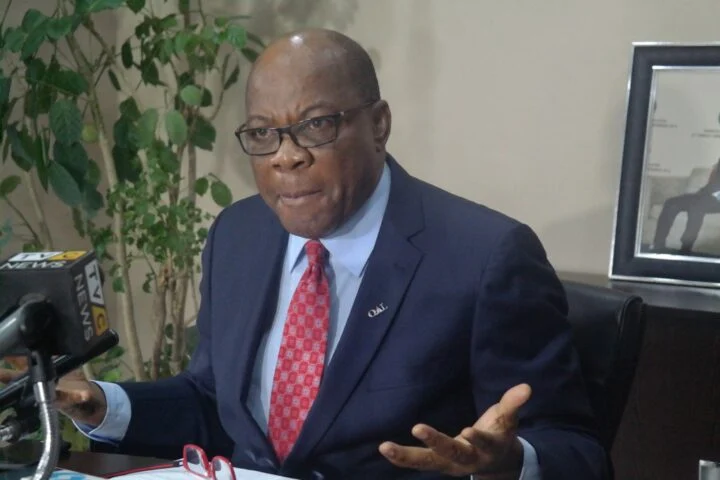uman rights lawyer, Olisa Agbakoba, SAN, has criticised a proposed bill mandating compulsory voting in Nigeria, declaring he would rather face imprisonment than comply with such legislation.
The bill seeks to amend the Electoral Act to compel all eligible Nigerians to vote in national and state elections.
“Look at the ridiculous one in the National Assembly about voting being compulsory. If that bill were to pass, I would say, ‘Agbakoba, we will not obey it.’ I’ll plead conscientious objection. I’d rather go to prison for six months than to obey it,” he said.
He argued that the move to force citizens to vote fails to address the fundamental issues behind Nigeria’s widespread voter apathy.
According to him, many Nigerians have become disengaged from the electoral process due to years of exclusion, broken promises, and lack of visible benefits from governance.
“If I know that I’m going to get something—there’s an aspiration, there’s an interest—you will find people coming out to vote. But then people see the same old trick. You come, you take my vote, you disappear till the next four years. There’ll be apathy,” he added.
Agbakoba warned that unless Nigeria’s political structure becomes more inclusive and responsive to citizens’ needs, mandatory voting laws will only deepen distrust in the system.
“We have a system that excludes. People are not taking part in the process. Democracy can’t succeed if it continues to serve only a select elite,” he said.
The proposed law — jointly sponsored by Speaker of the House, Tajudeen Abbas, and Labour Party lawmaker, Daniel Asama Ago—is aimed at combating voter apathy and vote-buying, according to its sponsors. They pointed to Australia’s successful implementation of compulsory voting as a model.
Deputy Speaker, Benjamin Kalu, also backed the bill, calling it “a step in the right direction.”
However, the bill has sparked legal and civil rights concerns. Another prominent lawyer and Senior Advocate of Nigeria, Femi Falana, described the proposal as both unconstitutional and unenforceable.
“It is practically impossible to prosecute millions of Nigerians who may decide to boycott national and local elections that have been reduced to the periodic renewal of misgovernance, corruption, and abuse of power,” Falana stated.

